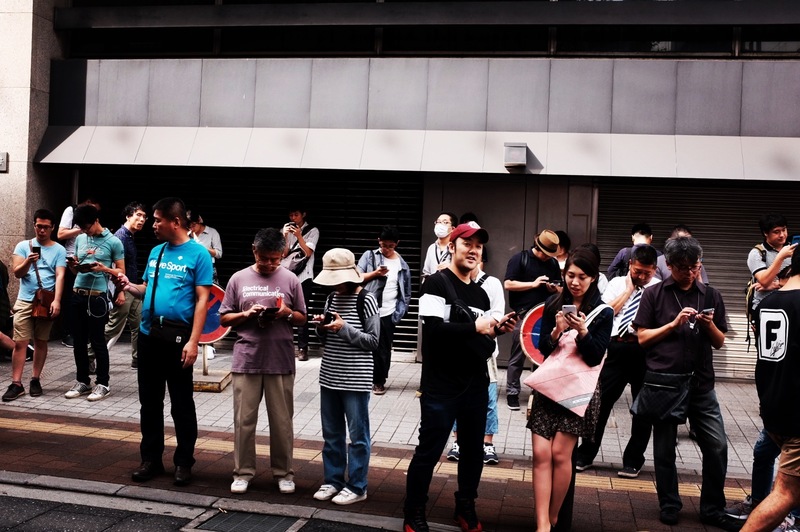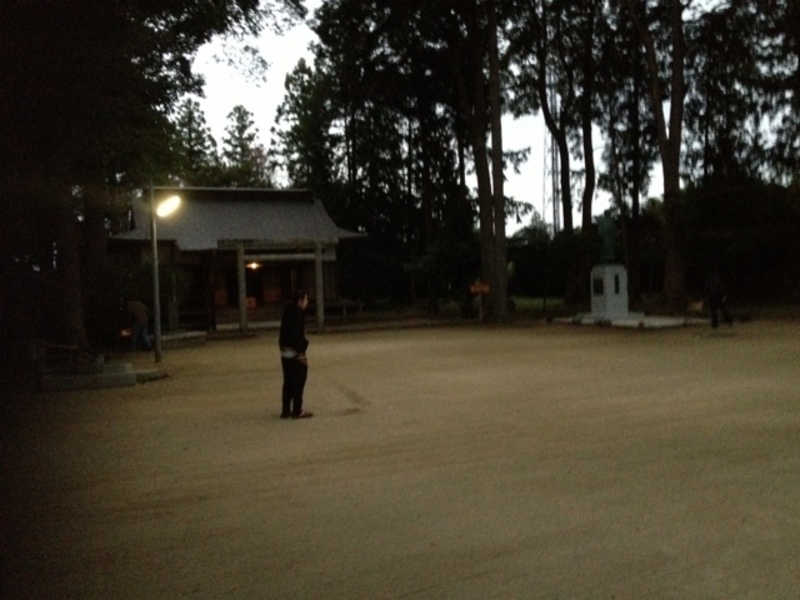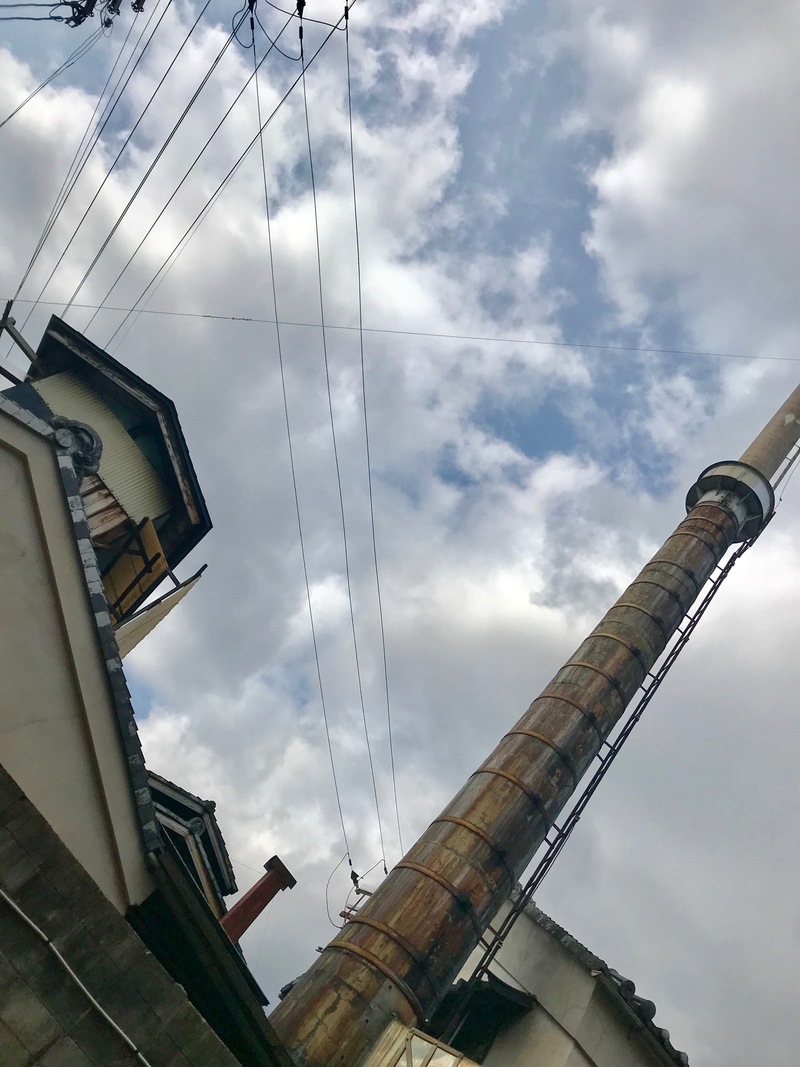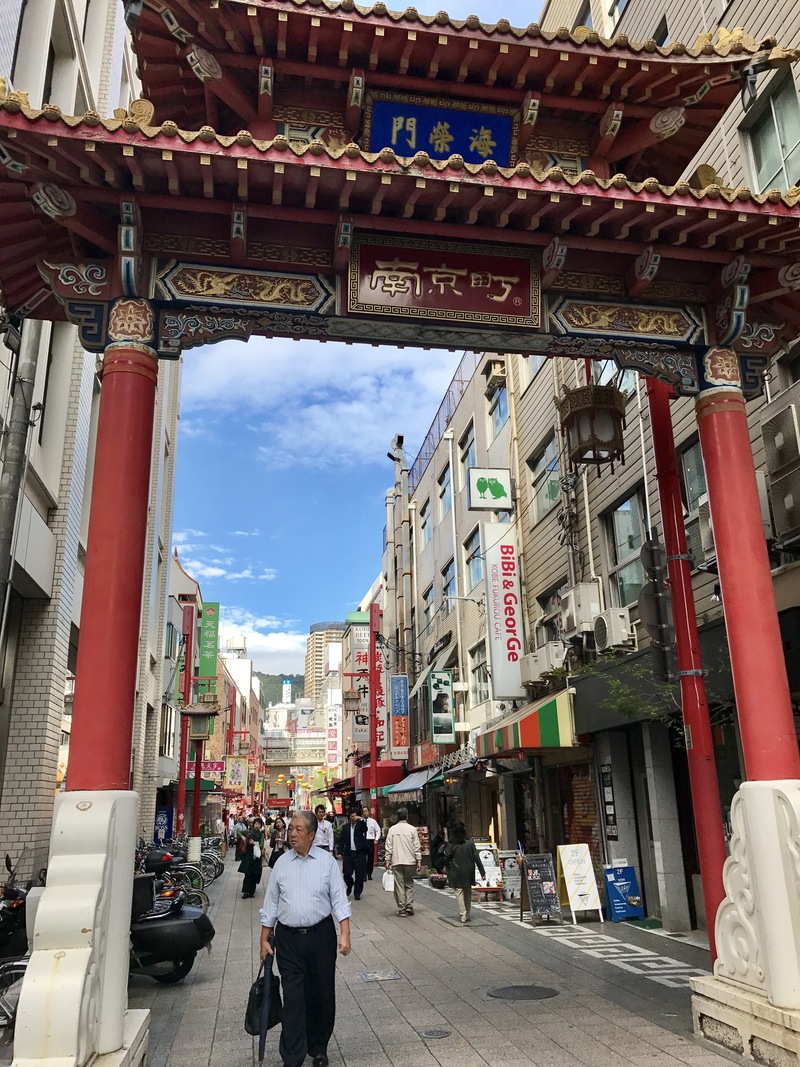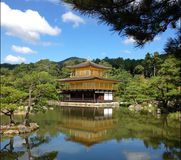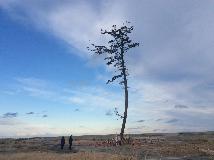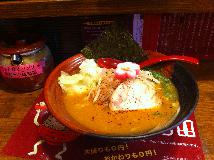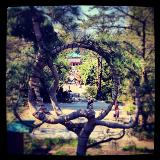Four of us awoke at 5:30am, before dawn, and silently carried brooms from the dojo grounds down the drive and over the road to the Aiki Shrine. Sweeping the large 'dry' gravel garden in front of the shrine or the leaves under the trees is part of any live-in student's daily training as well as for visitors (like me) who stay there for a few days. The sound here is recorded from a device I held along with the bamboo rake as the tines were drawn through the gravel to make fine parallel lines, free of leaves and footprints. The raking resonates in the early morning relative silence, punctuated only by the gravelly crunch of my feet on the garden side of the rake that had yet to be swept.
As Cage argues, true silence can never exist; by our very existence sounded embodiment is a fact of being human. To be in true silence is to cease to exist. Silence thus is part of an experiential realm given meaning through our action, relationships and experiences. In Japan, the cultural significance of silence is often communicated through the phrases ishin-denshin and kokoro, which mean unspoken communication and mind/heart, or one’s true feelings, respectively. Silence is thought to be representative of a person’s inner realm; this quality is valued as superior to the noisy distractions of everyday life, and demonstrates truthfulness. Kokoro originates from this inner realm and is thus associated with silence. The sounds of sweeping at Iwama envelop such inner meditative and disciplined qualities.
